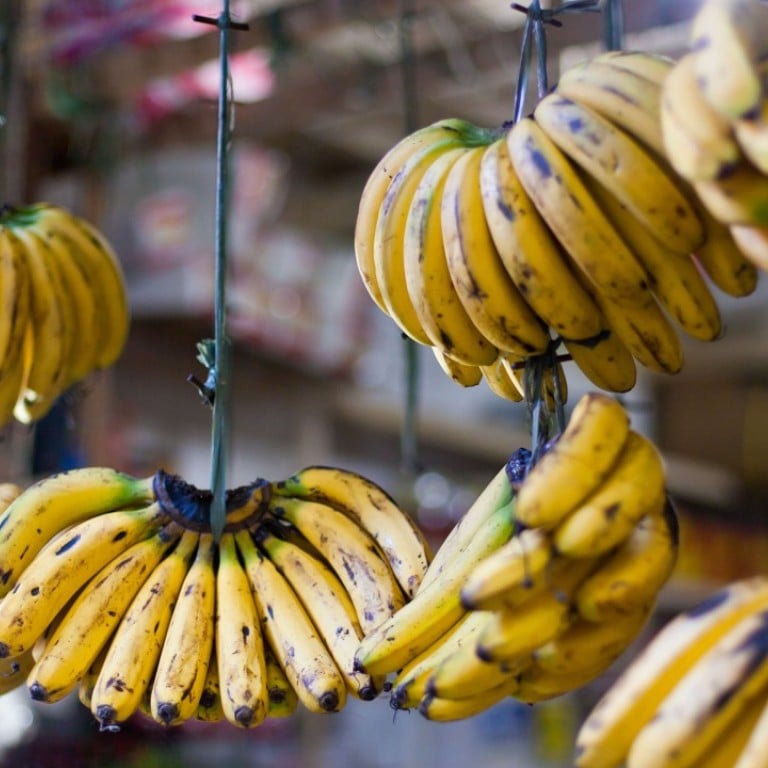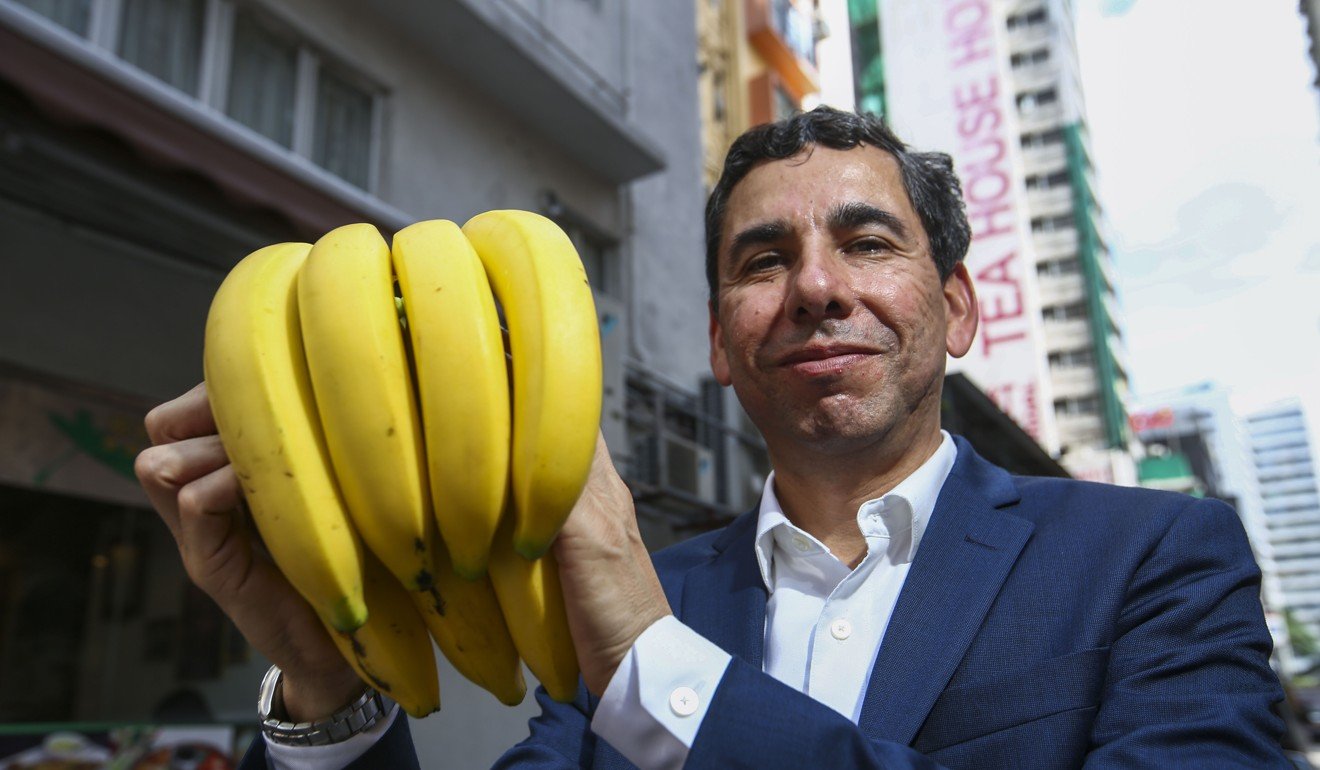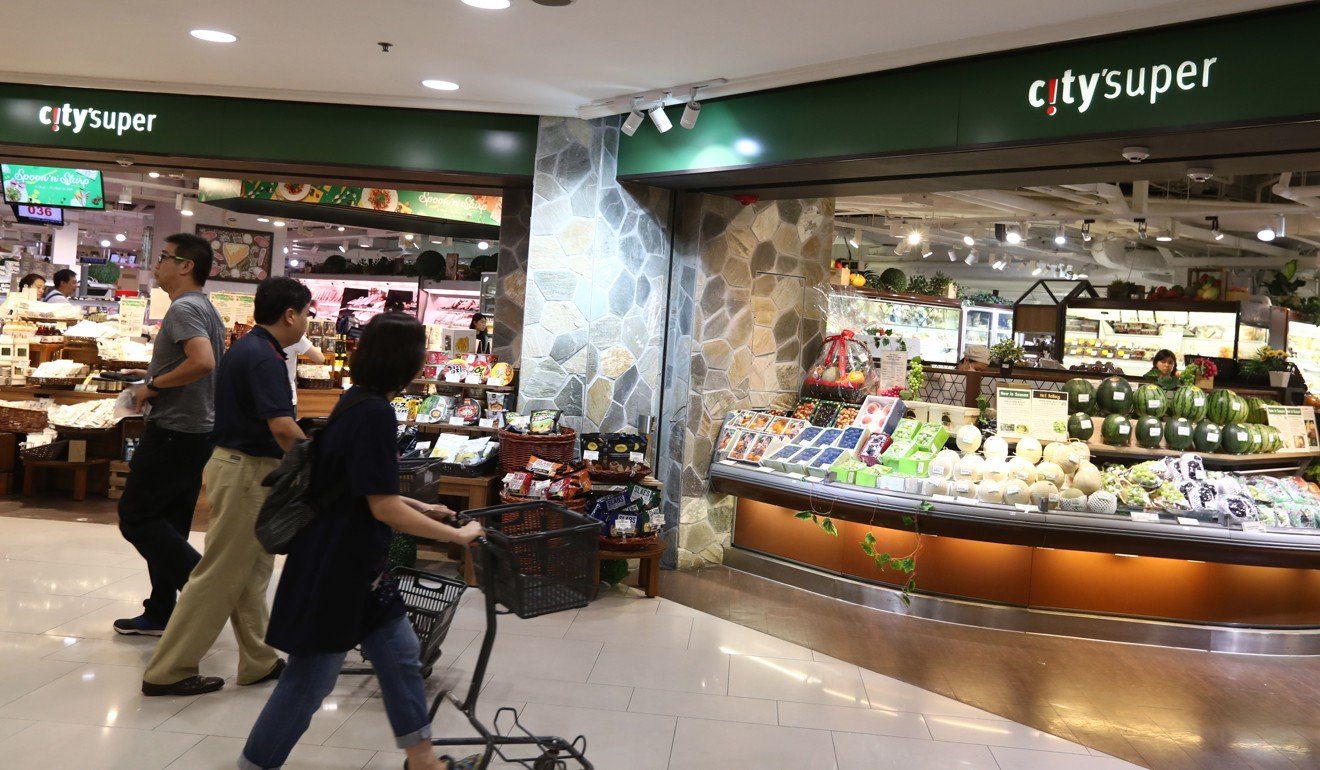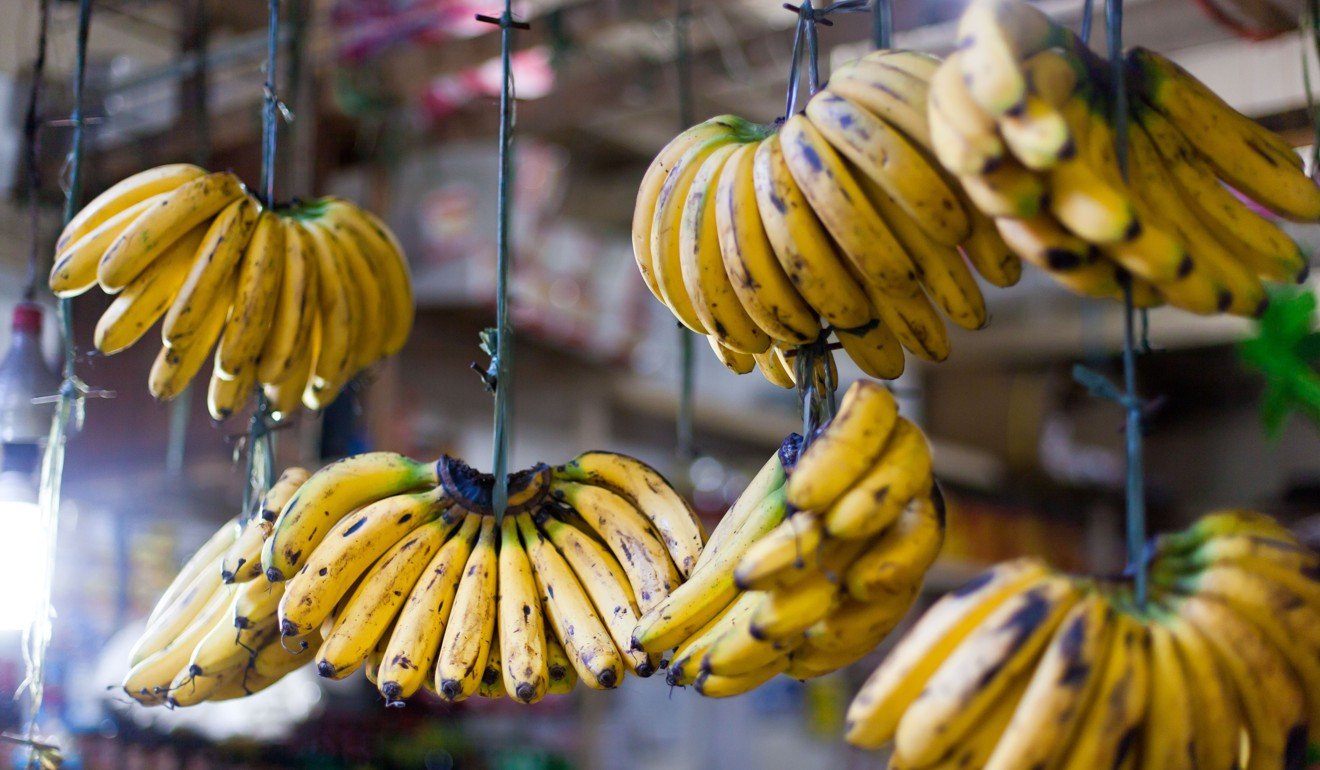
Hong Kong ripe for introduction of fair trade bananas from the Philippines, says international organisation
Survey suggests city has potential to be developed as marketplace for ethical farming produce
An international organisation is hoping to bring fair trade bananas from the Philippines to Hong Kong supermarkets, believing the city is ripe for the introduction of such produce.
The move, by Fairtrade International, comes amid an ongoing trade war and a global pushback against globalisation, which threatens to derail the progress made in fair trade advocacy.
“In Asia, fair trade awareness is not as widespread, that’s why there is huge potential,” said Dario Soto Abril, chief executive of Fairtrade International.
“What’s clear is that the awareness and consciousness of consumers in Hong Kong is much greater now than it was 20 years ago.”

A recent survey on 509 adults by Fair Trade Hong Kong and market researcher GlobeScan found that six in 10 Hongkongers have heard of the “Fairtrade” mark – one of about half a dozen globally recognised labels.
Around 56 per cent respondents said they bought fair trade products believing they were providing more farmers with reasonable working conditions and income, while 49 per cent did so to fulfil their own sense of social responsibility.
Two-thirds of consumers associated fair trade labels most with corporate social responsibility, while the notion of “ethically produced” products came to mind for 57 per cent, and sustainable development to 51 per cent.
However, only 40 per cent bought fair trade products monthly and around 45 per cent said they did not buy fair trade either because they could not find the right products, lacked information or because of high prices.
We can’t see many reasons why fair trade bananas would be more expensive here
But Abril said this was a common misconception.
“In many economies that are free-flowing like in Hong Kong, fair trade products don’t have to be more expensive,” he said. “You take advantage of all the free trade agreements and measures so products can flow freely into the economy.”
In South Korea for example, fair trade organic bananas from Peru actually were cheaper than non- free trade bananas because of free trade agreements, he said.
And even if prices were slightly higher, consumers were “not paying more, but the right price”, he said.
“If you pay less for a cup of coffee, it's not that you’re saving money but passing the cost to the farmer. You’re actually getting a subsidy from them.”
Prentice Koo Wai-muk, executive director for Fair Trade Hong Kong, said the city’s status was one of the reasons he thought there could be a market for fair trade products.
“Free trade bananas have potential in Hong Kong exactly because it is a duty-free port,” he said. “We can’t see many reasons why fair trade bananas would be more expensive here.”

Almost 90 per cent of Hong Kong bananas come from the Philippines, with the lion’s share held by two major firms – Delmonte and Aloha – according to Fair Trade Hong Kong.
“The problem is, who is going to build up the supply chain and source the fair trade bananas out there?” Koo said. “I would say this is the last piece of the puzzle.”
The group said it was discussing Philippine fair trade banana sourcing with speciality retail chains such as Aeon, City'super and Marks & Spencer.
However, a rising tide of anti-globalisation and trade protectionism was threatening progress. Protective agricultural subsidies in the European Union and the United States were putting fair trade exporters at a disadvantage.
“[Trade wars] could impact fair trade as such products will lose out more from tariffs and subsidies than they could previously be subject to,” Abril said. “We had been on a trend of globalisation, but now we’re seeing a regression.”
How the fair trade movement is picking up steam in Hong Kong
The topic of fair trade – an ethical form of exchange that ensures small producers in developing countries get a more equitable return for their labour – has been eclipsed by global issues such as climate change, gender equality, poverty and human rights.
But few understood that fair trade stood for these exact social, environmental and economic issues, Abril said.
“By providing farmers with higher incomes, they would be better positioned to invest in productivity and measures such as crop diversification and disease prevention, to mitigate the impact of global warming,” he said.
A spokesman for City’super said it appreciated and supported fair trade, and believed in a long-term commitment to social and environmental sustainability. The chain said it was working towards direct sourcing with local farms in different markets and discussing fair trade bananas from the Philippines with its partners.

A spokesman for the Aeon Group said it supported and sourced fair trade products and even maintained its own private brand of certified products. However, the company said higher prices and insufficient public awareness remained challenges to their wider availability.
ParknShop, meanwhile, said it welcomed any products that met their customers’ needs for value, freshness, choices and safety. That included fair trade products.
A Wellcome spokesman and its speciality stores “strive to offer a quality and diversified product range to our customers, including fair trade products, at competitive prices; while keeping open to market opportunities as they arise”.

